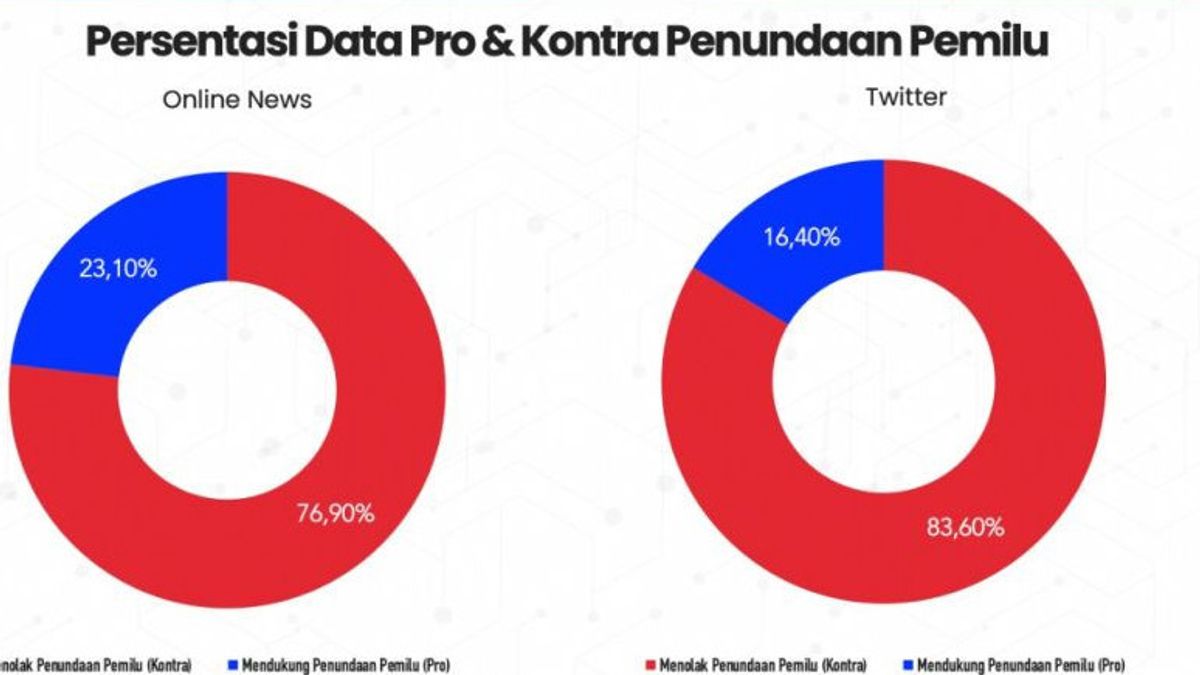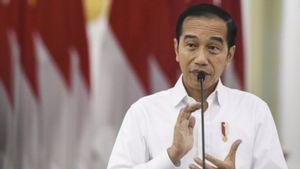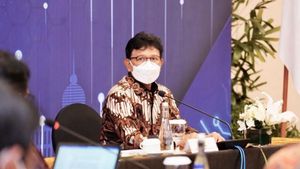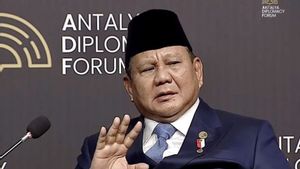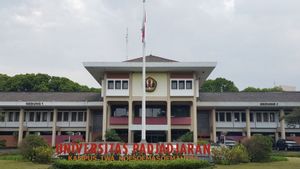JAKARTA - Cyber security expert Doctor Pratama Persadha questioned the data source of 110 million netizens who agreed to postpone the 2024 General Election (Pemilu).
"It's quite impossible that there are 110 million big data citizens who agree to postpone the election, where is the source of the data?" Pratama asked via WhatsApp conversation to Antara in Semarang, Monday, April 11 evening.
Meanwhile, Indonesian President Joko Widodo has emphasized that there will be no postponement of the election, or that it will still take place on February 14, 2024.
Pratama said this as well as responding to the polemic of postponing the election that arose after the claim of the Coordinating Minister for Maritime Affairs and Investment of Indonesia Luhut Binsar Pandjaitan that 110 million people wanted the election postponement. This information is known through big data.
However, Pratama continued, until now Luhut Binsar Pandjaitan has not disclosed the data, even though many parties have encouraged LBP to disclose the data.
Pratama also said that the process of how and where this data was taken should be clear so as not to cause polemics in the community.
According to him, technically there are many ways to know public conversations on social media or other internet platforms.
SEE ALSO:
Therefore, he said, it is necessary to ask what platform the 110 million netizens conveyed by Luhut Binsar Pandjaitan took data from? What is the methodology?
"This needs to be conveyed to the public so that all parties can assess the extent, as well as open a room for discussion," said Pratama, who was once an official of the National Crypto Agency (Lemsaneg) which was transformed into the National Cyber and Crypto Agency (BSSN).
If you take it from Twitter, the active users of this social media in the country are only 15 million. In addition, there are also many anonymous accounts. According to Pratama, it is impossible for the 110 million data to come from Twitter.
He mentioned the results of CISSReC's research using Open Source Intelligence (OSINT) on Twitter accounts that talked about extending positions and three periods in the range of 117.746 (tweet, reply, retweet) and reached 11.868 online reports.
From the data, it is known that the cons of postponing the election on Twitter are 83.60 percent and pro 16.40 percent. Meanwhile, in online media, the cons are 76.90 percent and the pros are 23.10 percent.
"From this data alone, it is clear that more people reject the postponement of the election," said Pratama who is also the Head of the Indonesian Cyber Research Institute CISSReC.
The English, Chinese, Japanese, Arabic, and French versions are automatically generated by the AI. So there may still be inaccuracies in translating, please always see Indonesian as our main language. (system supported by DigitalSiber.id)
